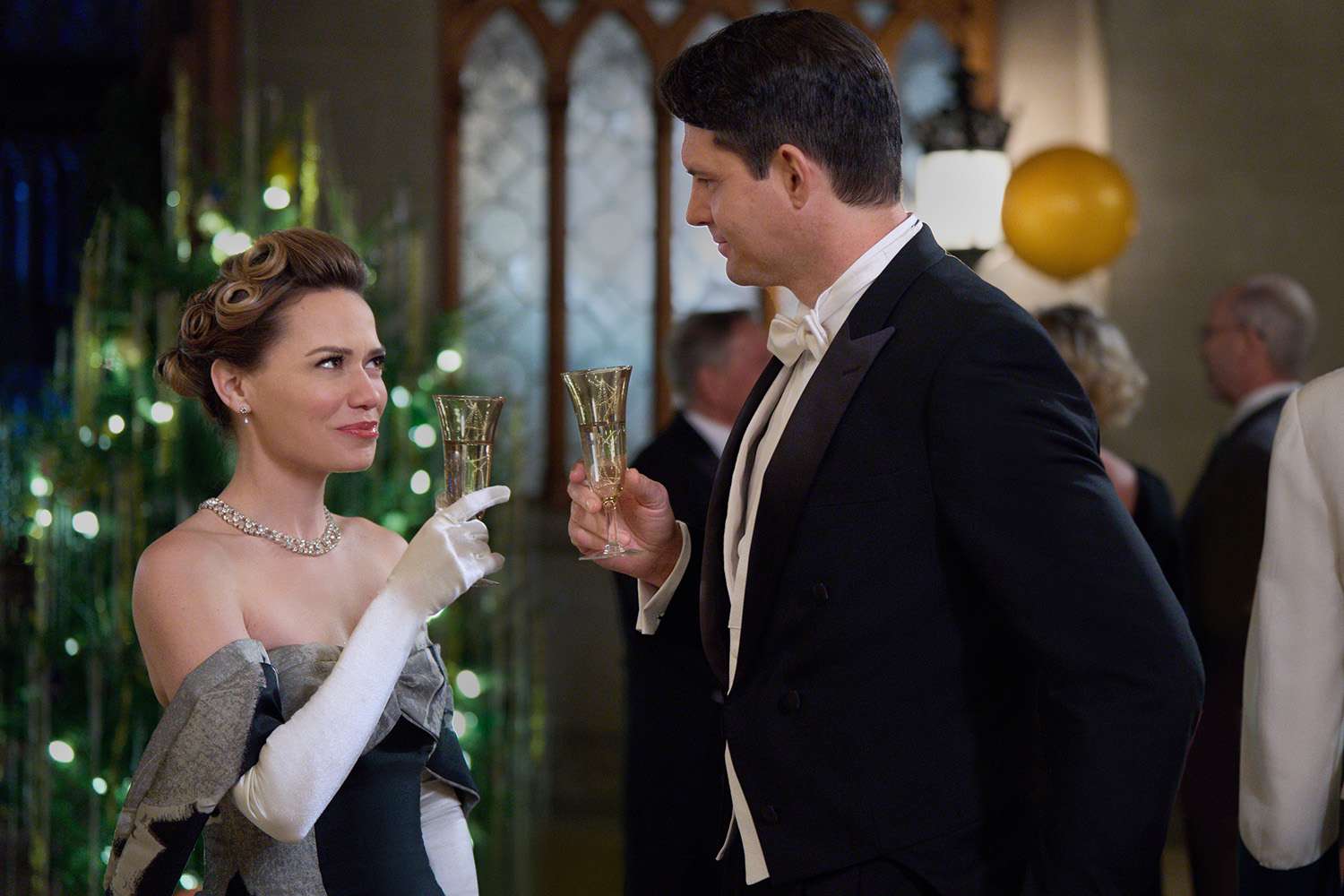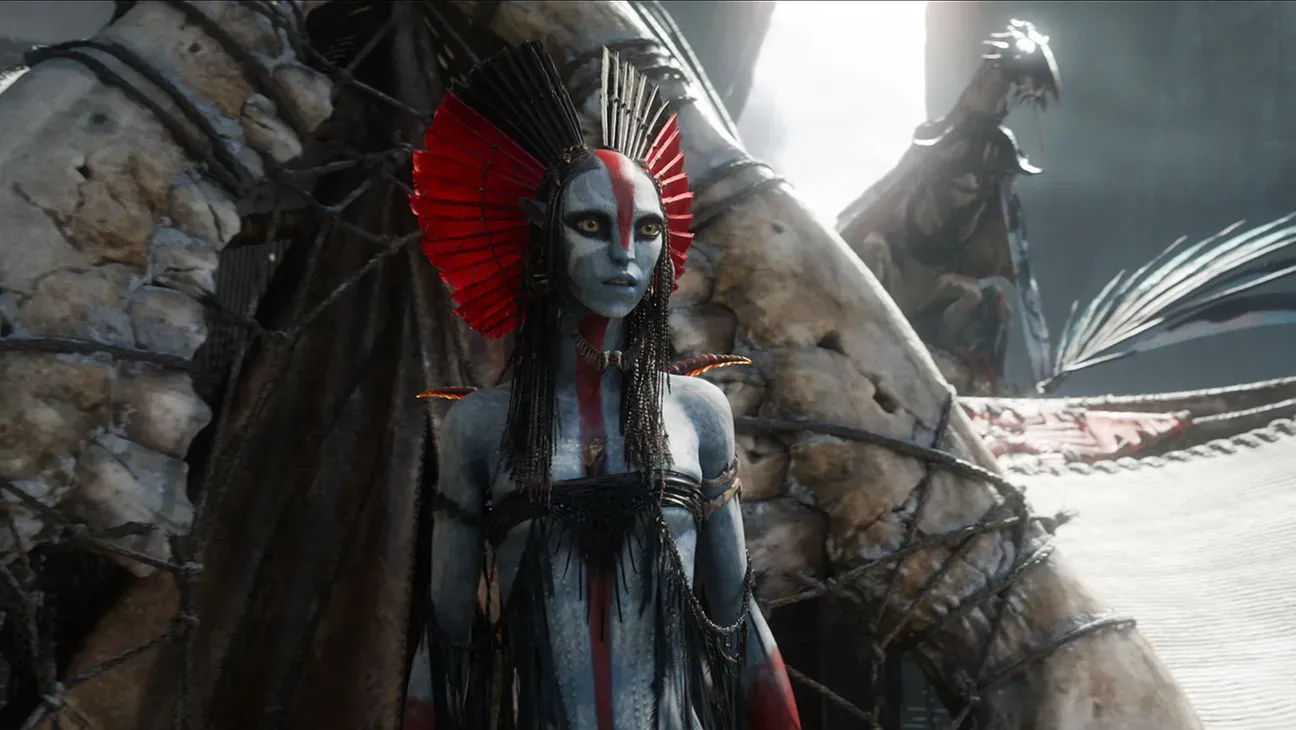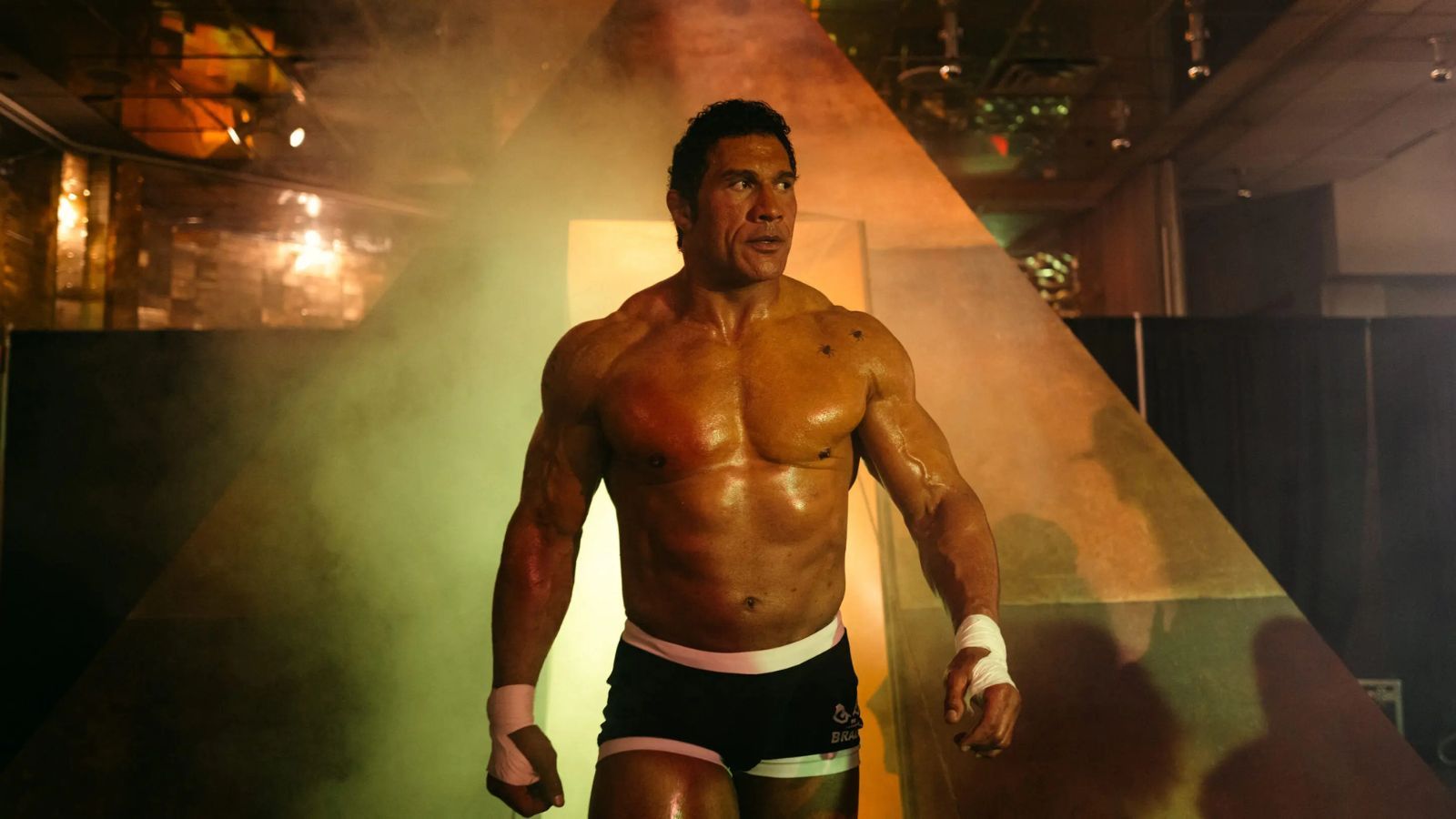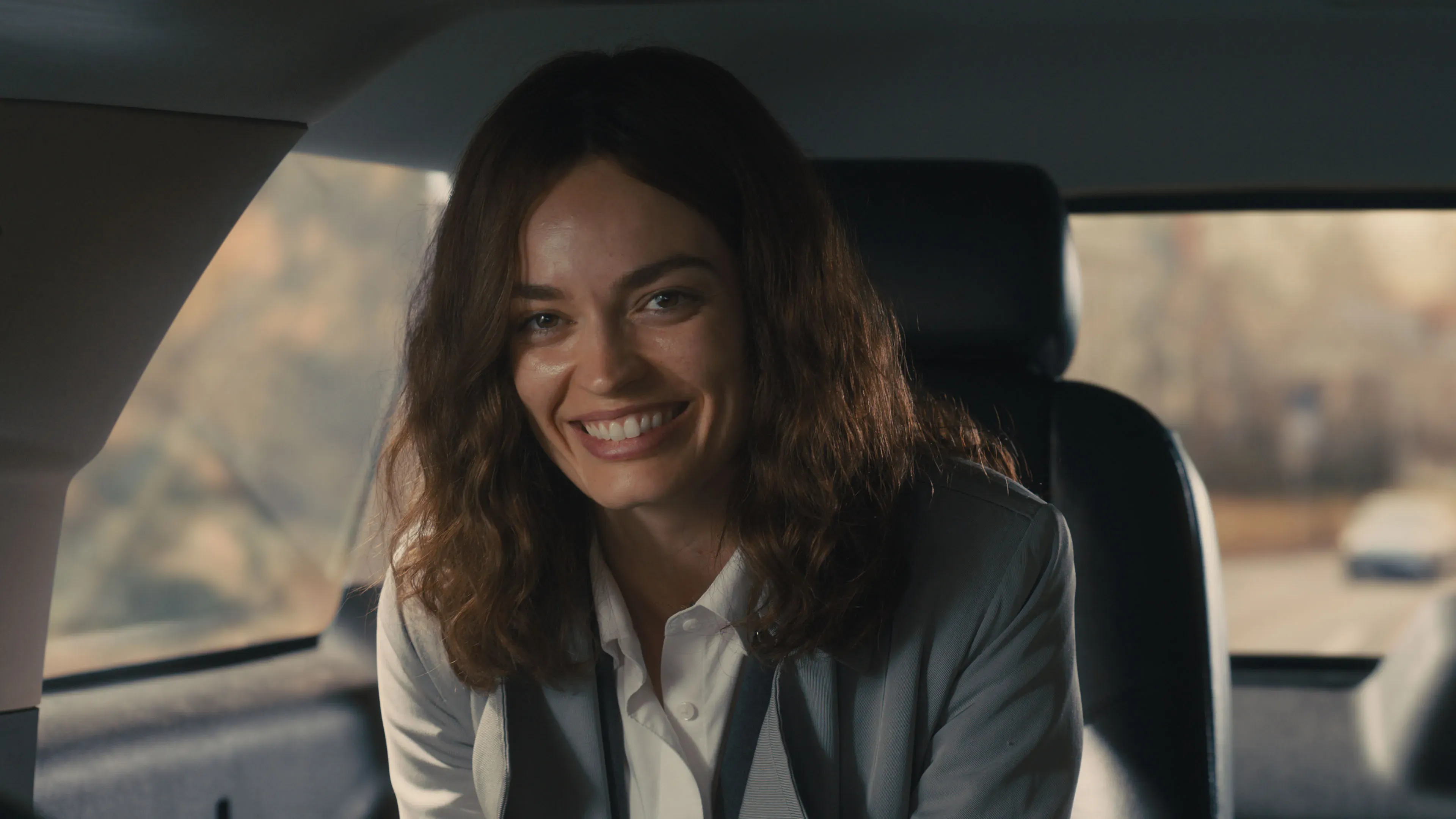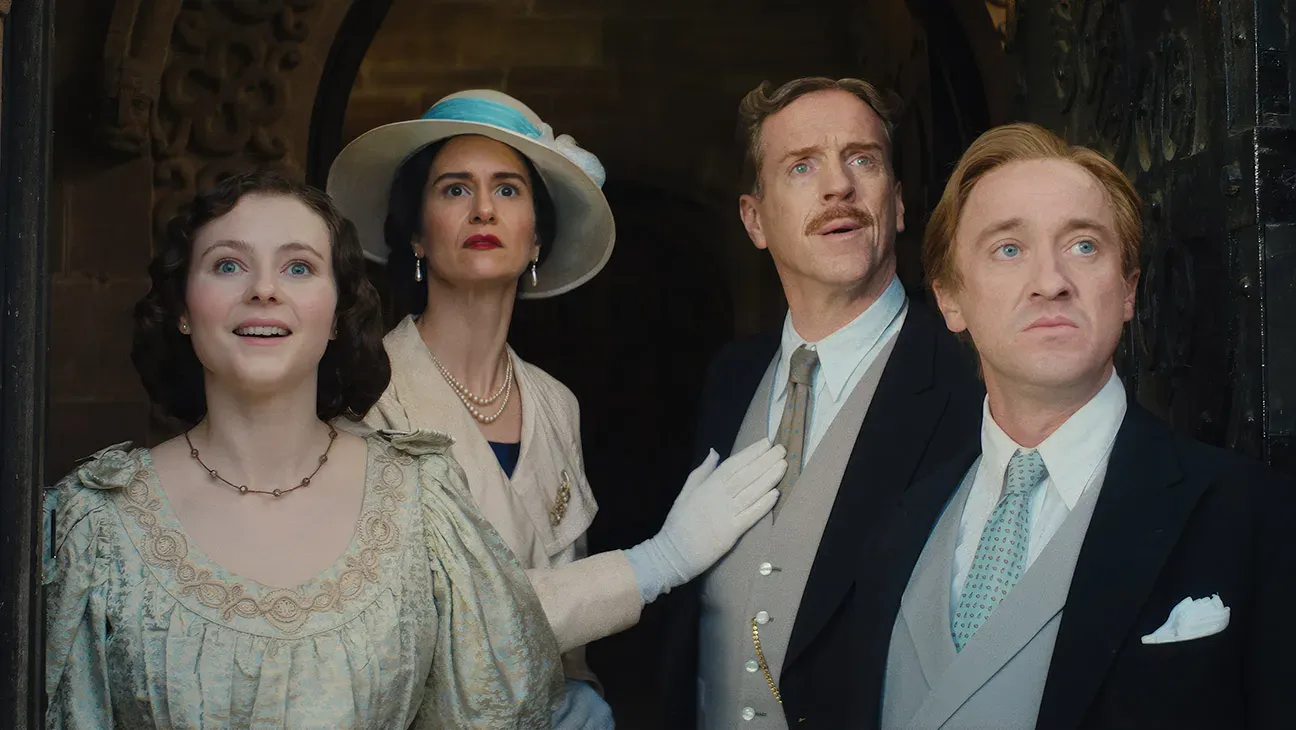
Julie Keeps Quiet (2024) — Movie Review
- May 24, 2024
In his debut feature, Belgian director Leonardo Van Dijl creates a haunting psychological drama titled Julie Keeps Quiet. This movie centers around a young, elite tennis academy player, who copes with a traumatic event by choosing not to reveal her inner turmoil. Newcomer Tessa Van den Broeck delivers a high-caliber performance that perfectly mirrors the title character's silent struggle, bringing palpable tension into every scene.
The efficient storytelling sticks to the essence, emphasizing the silent emotional turbulence of the protagonist through predominantly static frames. The film delicately features the work of American composer Caroline Shaw, adding to the power of silence.
Julie Keeps Quiet has parallels with Laura Wandel’s Playground (2021) and last year’s The Teachers’ Lounge by İlker Çatak. All these movies explore characters navigating emotional struggles within the educational sphere.
The film also shares a certain aesthetic with the Dardenne Brothers, involving stripped-down narratives and naturalistic performances. On the technical front, cinematographer Nicolas Karakatsanis distinctively exploits natural light, casting the lead character in shadows, signifying her hidden emotional world.

Van Dijl and co-writer Ruth Becquart thrust the audience into the emotionally charged atmosphere of the tennis academy, with only hints about a missing coach, Jeremy. Julie's reluctance to discuss this matter adds to the mystery.
Ridden with rich kid peers, Julie, on a scholarship, becomes more distanced following a traumatic incident. A prime incident is the suicide of another academy member, Aline, adding layers to Julie’s state of being.
As an internal investigation is launched amidst speculations about Jeremy’s role, Julie's silence becomes a powerful response. Despite the mounting pressure, she maintains her resolve, refusing to let the trauma define her or her tennis career.
The film cleverly leaves things open-ended, stirring a dialogue around the silence of trauma victims. Julie's silence may be seen as an act of self-preservation in turbulent teenage years. The larger message is about the individual's struggle and choice in the face of adversity.


